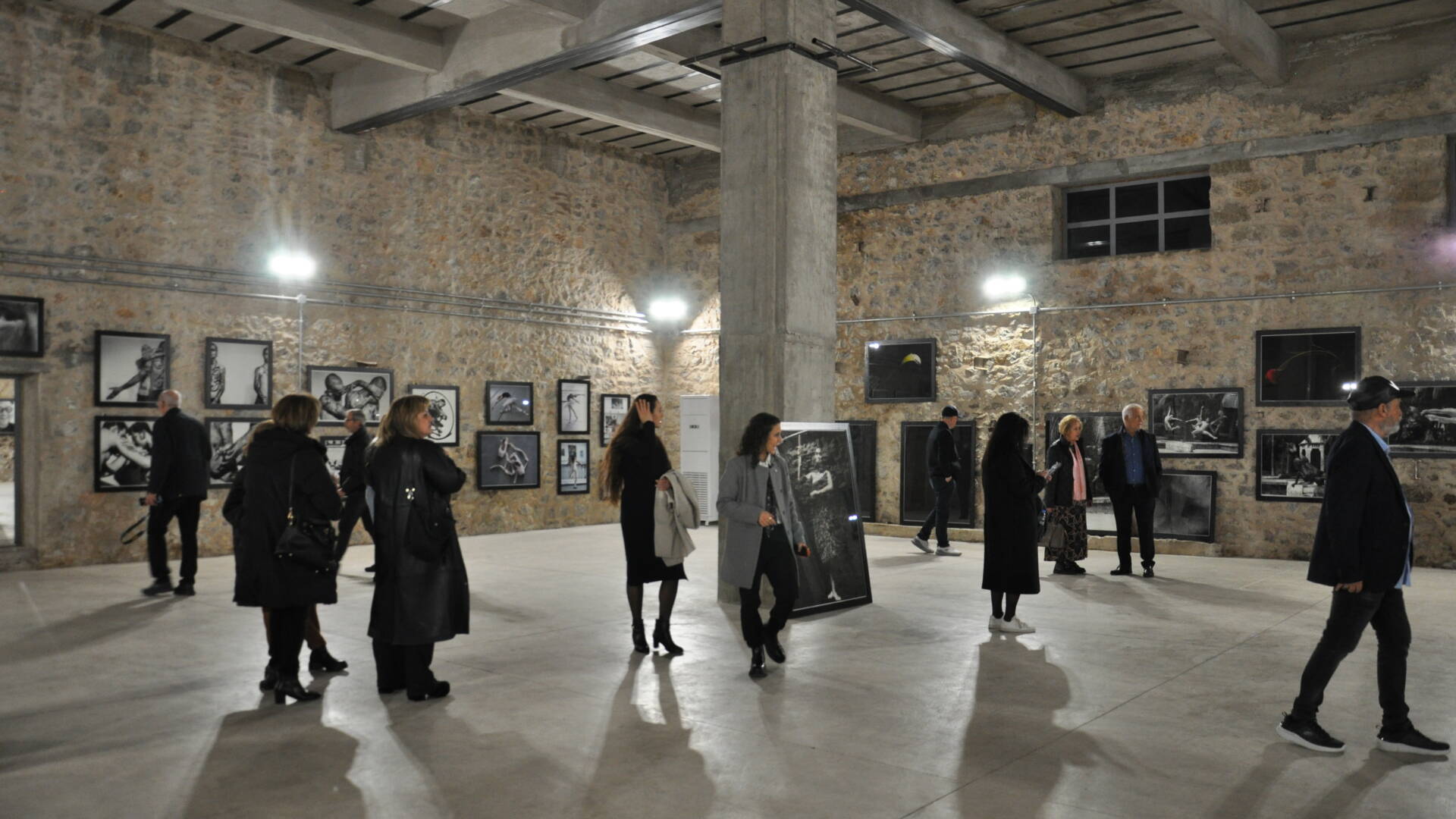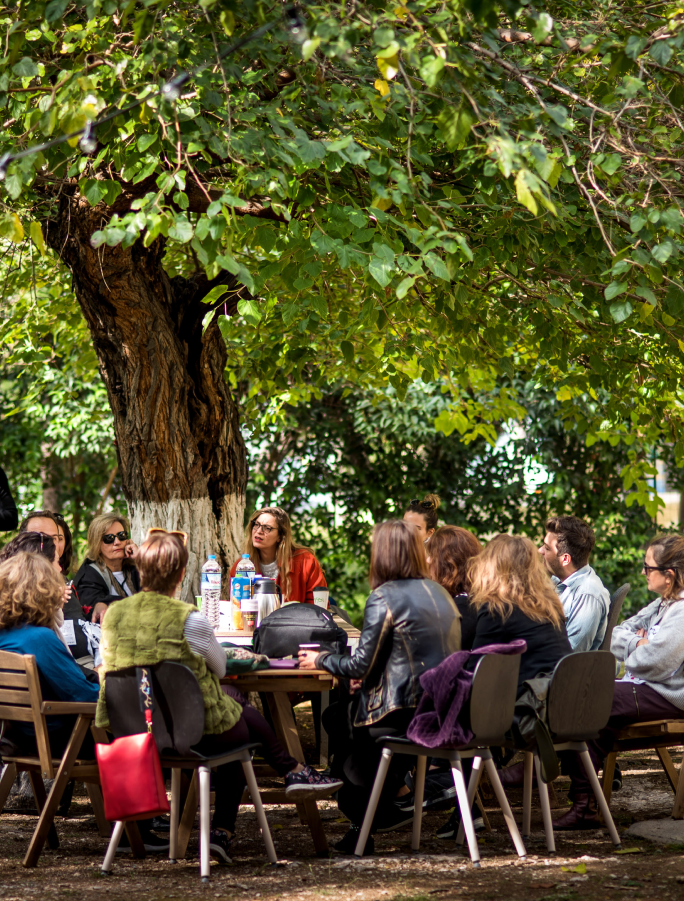More than fifty representatives of regional cultural bodies active throughout Greece and organize festivals, from Rethymnon to Orestiada,
More than 50 representatives of regional cultural organisations that are active in different Greek cities and are organizing festivals, from Rethymno to Orestiada, Rhodes, Veria and many other parts of Greece, met yesterday in response to the invitation by Athens & Epidaurus Festival, in order to organise a “network” of Regional cultural bodies operating across Greece, as well as to review the institution and the role of today’s festivals.
Hosted at the Auditorium of the Hellenic Ministry of Culture and Sports, the event was an initiative of Athens Festival and its artistic director, Vangelis Theodoropoulos, in cooperation with the Minister for Culture, Lydia Koniordou.
Keynote speakers of the panel, apart from Ms. Koniordou and Mr. Theodoropoulos, were: the Artistic Director of Eleusis 2021, Kelly Diapouli, the former Artistic Director of Kalamata International Dance Festival, Vicky Maragopoulou and the President of DIAZOMA association, Stavros Benos.
The representatives of the festivals expressed their views on the importance of creating such a network and submitted their experiences about the needs, problems and issues they face regarding the organisation and management of their own festivals. The Aeschylia Festival, through the President of Elefsina Municipal Development Enterprise, Gabriel Kampanis and the Festival’s curator of visual arts, Giorgos Skianis, gave their opinions on the matters.
In her speech, the artistic director of Eleusis 2021, Kelly Diapouli, focused on the festival’s relation with the city, indicating that “Since antiquity, the city forms its unique identity through its festival and thus it is projected on the collective imagination. We may not have been to Linz or to Avignon, but we know the city of Linz from Ars Electronica and Avignon as a theatrical centre” and that “No matter how many advertisements a city may do, they are nothing more than images and phrases that come and go. No slogan survives for long. On the contrary, when a festival becomes famous, then it’s the city itself that gets recognised. Why; Because, unlike an advertisement, a festival is an experience. It is about a living experience that stays forever within the person involved and this person carries it, shares it with other people, transmits the feeling and experience and by doing this, he/she actually advertises the city through composing the city’s myth to people’s consciousness” concluding that “The festival creates the city’s story. However, to make a festival, you must have the appropriate materials, which in our case, consist of the right people: curators with deep knowledge of the contemporary cultural scene and artists, who will come and work to the city, highlighting the city’s narrative. It is not a job that can be done by a hairdresser or the x philharmonic employee or a company. This is where Greece and the Greek festivals still lag far behind” and that “There are very few Greek festivals supervised by artistic directors. In practical terms, even the most important Greek festival, such as the Hellenic Festival, has very recently formally recruited an artistic director. As a matter of fact, Vangelis Theodoropoulos is the first artistic director of the Hellenic Festival. Even Giorgos Loukos, who was essentially the artistic director, he was formally its President. And if we go further back, we encounter Organising Committees”.
The attendees expressed their desire to continue the dialogue between the cultural institutions of different Greek cities, in order to promote the collaboration between the centre and the periphery.





